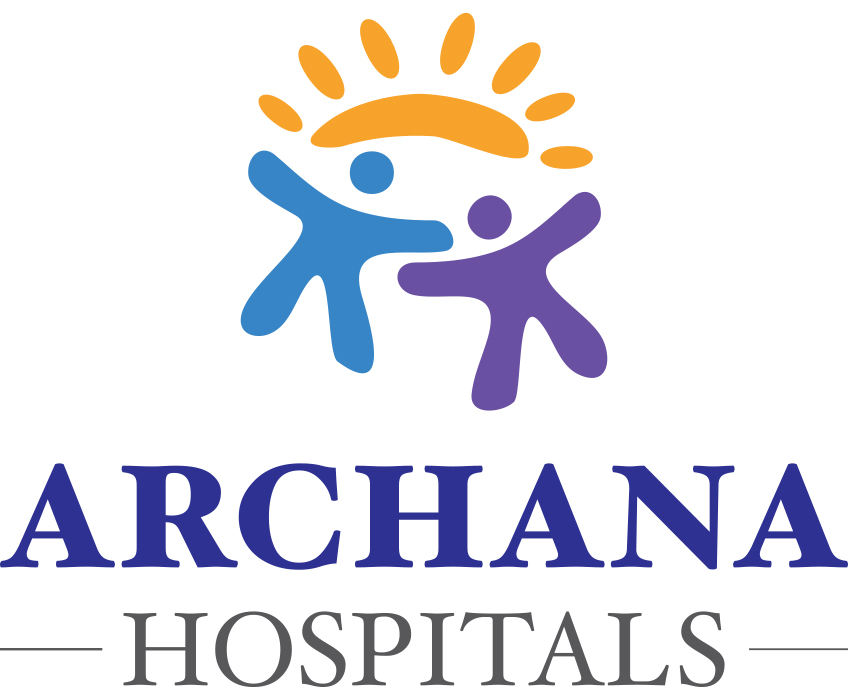
A brain stroke, also known as a cerebrovascular accident (CVA), is a medical emergency that occurs when blood flow to the brain is disrupted, resulting in damage to brain tissue. Strokes are one of the leading causes of disability and death, and prompt recognition and treatment are crucial to prevent long-term complications.
Some of the early signs or symptoms of a Brain Stroke include
Sudden weakness or numbness on one side of the body : One of the most common signs of a brain stroke is sudden weakness or numbness on one side of the body, such as the face, arm, or leg. This symptom is usually sudden and may occur without warning. The weakness or numbness may be mild or severe, and it may affect one side of the body more than the other.
Trouble speaking or understanding speech : Another common symptom of a brain stroke is trouble speaking or understanding speech. This may include slurred speech, difficulty finding words, or a complete inability to speak. People who experience this symptom may also have difficulty understanding what others are saying to them.
Vision problems : People who experience a brain stroke may also have vision problems, such as blurred or double vision, or a sudden loss of vision in one or both eyes. They may also have trouble seeing objects clearly or may experience visual disturbances, such as seeing flashing lights or zigzag lines.
Dizziness or loss of balance : Another common symptom of a brain stroke is dizziness or loss of balance. This may include feeling unsteady or lightheaded, or having trouble walking or standing up. People who experience this symptom may also feel as though the room is spinning around them.
Severe headache : A sudden, severe headache, often described as the worst headache of your life, may also be a sign of a brain stroke. The headache may be accompanied by vomiting or nausea, and it may be more severe when lying down.
It’s important to note that the symptoms of a brain stroke may vary depending on the part of the brain affected and the severity of the stroke. In some cases, people may experience only one or two of these symptoms, while in others, they may experience several. Additionally, some people may experience warning signs of a stroke, such as a transient ischemic attack (TIA), which is a temporary disruption of blood flow to the brain. TIAs are often called “mini-strokes” and may be a warning sign that a more severe stroke is imminent.
Time is of the essence when it comes to treating a stroke, and prompt treatment can help to minimize the damage to the brain and prevent long-term complications. Remember, “time lost is brain lost.”
Recognizing the symptoms or signs of a brain stroke is crucial for early detection and treatment. If you or someone you know experiences any of these symptoms, it’s important to seek medical attention immediately.
Archana Hospitals is equipped with the latest technology to diagnose these symptoms and specialists are just a call away to answer any of your questions.
